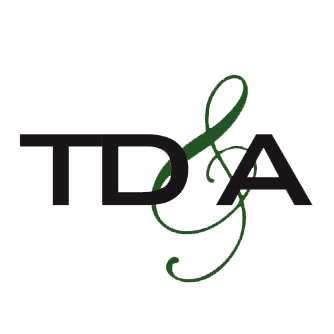Proposed Tax Law and its Impacts
As the Democratic administration and Congress continue to debate legislation that could dramatically alter the federal tax code, we look at proposed changes and their potential impact on estate planning. Some of the proposed changes could take effect as early as January 1, 2022, and as a result, there could be very little time to develop strategies and potentially shift estate plans.
* NOTE that using the current federal gift tax exemption ($11.7 million per person or $23.4 million per married couple), it is anticipated that any transfers made to irrevocable trusts in the form of gifts must be finalized, including funding, before the enactment of any legislation.
Gift Tax Exclusion Amount and Estate:
The legislation proposes halving the federal estate and gift tax exclusion to around $6.0 million after accommodating inflation. However, no clawback is anticipated, so the possibility exists for lifetime gifts up to the current exclusion if action is taken prior to the new laws taking effect.
Accelerated RMD Provision:
IRAs with balances over $10 million will be met with accelerated required minimum distributions, thus subjecting said distributions to potentially higher income taxes.
High-Income Trusts and Estates Surcharge:
On modified adjusted gross income over $100,000 for trusts and estates, a new income tax surcharge of 3% will be assessed.
Grantor Trusts Transactions:
The new legislation may incorporate alterations to the taxation of grantor trusts (trusts where the grantor continues to hold specific powers over assets of the trust and the grantor remains susceptible to income taxation). This has the potential to influence what, if any, grantor trusts will last as feasible estate planning channels for individuals. Prior to any enactment, it is highly recommended that individuals expedite their planning since the proposals included grandfathering of existing trusts. Included in these grantor trusts are retained annuity trusts (GRATs), intentionally defective grantor trusts (IDGTs), qualified personal residence trusts (QPRT), irrevocable life insurance trusts (ILITs), and more.
Stepped-Up Basis Elimination:
The new legislation may terminate the Stepped-Up Basis available upon the death of a taxpayer presently available to heirs/beneficiaries, but some versions of the proposed legislation do not incorporate the termination of the Stepped-Up Basis. However, such uncertainty in the fluid legislative environment should be considered as the tax ramifications of modifying the basis can be significant.
Roth IRA Conversions and High-Earners:
Conversions of conventional IRAs to Roth IRAs for middle-to-high income taxpayers, i.e. $450k filing jointly per year, $400k filing as single may be terminated. Also known as the “back-door” Roth IRA conversion, the proposed legislation not only eliminates access to these earners but also limits access to lower earners as well.
With the proposed legislation under intense negotiation and re-writing within the Democrat Party, elimination or even strengthening of some or all the proposed changes outlined above, and others that may be proposed, are possible. One thing is for sure, there is a concerted effort underway to rewrite the tax code. Individuals and their advisors should review existing planning to understand how proposed legislation could have the potential to change their estate plans.
Amidst the uncertain changes in our legislation, you deserve to have peace of mind to know that your affairs are in order and that your legacy will be preserved for those who you feel will benefit most. Tresp Law, APC is here to help you create the kind of estate plan that will best serve you.
Call Tresp, Day & Associates today to schedule your consultation and begin planning for your future. We will continue to offer face-to-face consultations utilizing video conferencing technologies such as FaceTime, Duo, and Zoom.

